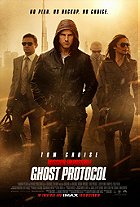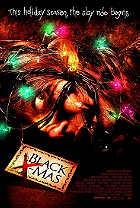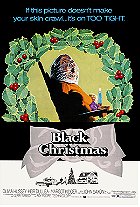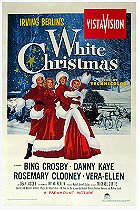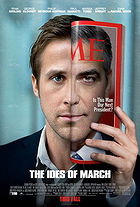For Tony Jaa, 2003's Ong-bak was essentially his debutante ball, as it introduced the nimble performer and his phenomenal fighting skills to worldwide movie-goers. Wirework and digital effects are the norm in this day and age, but Jaa is the real deal: he actually performs death-defying stunts and leaps, and actually lands brutal aerial blows without any trickery. But Ong-bak was more of a demo reel for Jaa than a cohesive motion picture, and it left us wanting a vehicle for the young martial arts mastermind with strong storytelling. What a shame that 2008's Ong Bak 2: The Beginning is not the Tony Jaa vehicle we wanted; it suffers from leaden pacing and a self-serious tone which denies us the kind of pleasures we derived from the original picture. Plus, this "sequel" does not have anything to do with the 2003 film - instead, it's set in Thailand's medieval past and concerns new characters.

Ong Bak 2's story does not make much coherent sense, so bear with me. Hundreds of years ago, a young prince named Tien (played in adulthood by Jaa) becomes an orphan after his royal parents are killed during some type of violent political upheaval. Subsequently, slave traders capture the boy. After displaying real talent as a fighter during a struggle with a crocodile, Tien is taken under the wing of a moustachioed outlaw who raises him like a son. Thus, Tien is transformed from a primitive young boy into a highly-skilled warrior looking to exact vengeance on those responsible for his family's killing. I think...
It's recommended that you don't bother trying to piece together who's who, what their motivations are or what they're doing at any specified moment. Most of the time it's difficult to figure out where the narrative is heading beyond the obvious revenge quest, with what should be a simple action film becoming unnecessarily complicated. Perhaps the problem is that there's not enough exposition; the whole picture amounts to a handful of action scenes connected by borderline unintelligible montages and flashbacks accompanied by pretentious voiceover narration. The flashbacks are supposed to shed light on Tien's childhood, but they don't really explore his character or explain a great deal. A little girl is introduced in a flashback who reappears as an adult, but her relevance isn't clear. Fuck it, nothing's clear. Ong Bak 2 was notorious for its troubled production: filming went over budget and over schedule, Jaa (who directed the film) went MIA from the set, and extra help had to be pulled in to try and salvage the picture. And after all that, apparently they didn't even manage to tell the whole story they wanted to tell. Oh boy, do these dilemmas show in the finished product.

Ong Bak 2 is an admittedly lavish-looking production - the replication of ancient Thailand is very impressive, with period-specific costumes and sets. But while it's better-looking than its grungy predecessor, this follow-up is a lot less fun due to it being so dour and convoluted. It has a fair share of action, sure, yet the picture lacks momentum, and consequently the gaps between the set-pieces are appallingly tedious. Another key flaw is that we don't see Tony Jaa until about 20 minutes into the movie. We watch Tony Jaa movies to see the crazy little bastard kick ass and pull off crazy physical feats, but the extended opening sans Jaa plus the additional flashbacks means that Jaa is absent for a good one third of the film. Another problem is that Jaa predominantly opted against using the no-nonsense Muay Thai fighting style which made him stand out in the first place. It's understandable that he tried to introduce variety, but the replacement martial art is not as exciting as Muay Thai. Furthermore, there's not enough reason to care about Tien. Couple this with the picture's frequent dullness, and there's not a great deal of excitement to be had during this sluggish disappointment.
A few of Tony Jaa's physical feats here do impress (the elephant stampede jumping sequence is stunning), but Ong Bak 2 remains a jumbled, incoherent mess weighed down by its stoic, pretentious sense of self-importance that exacerbates the bad dialogue and hackneyed plotting. Jaa is a strong physical performer, but he's no filmmaker. He seriously needs to take acting lessons, learn the proper ropes of directing, and take part in a movie which mixes frenetic action with nuanced characters and textured storytelling.
3.5/10
 Login
Login
 Home
Home 183 Lists
183 Lists 1671 Reviews
1671 Reviews Collections
Collections
 0 comments,
0 comments, 



